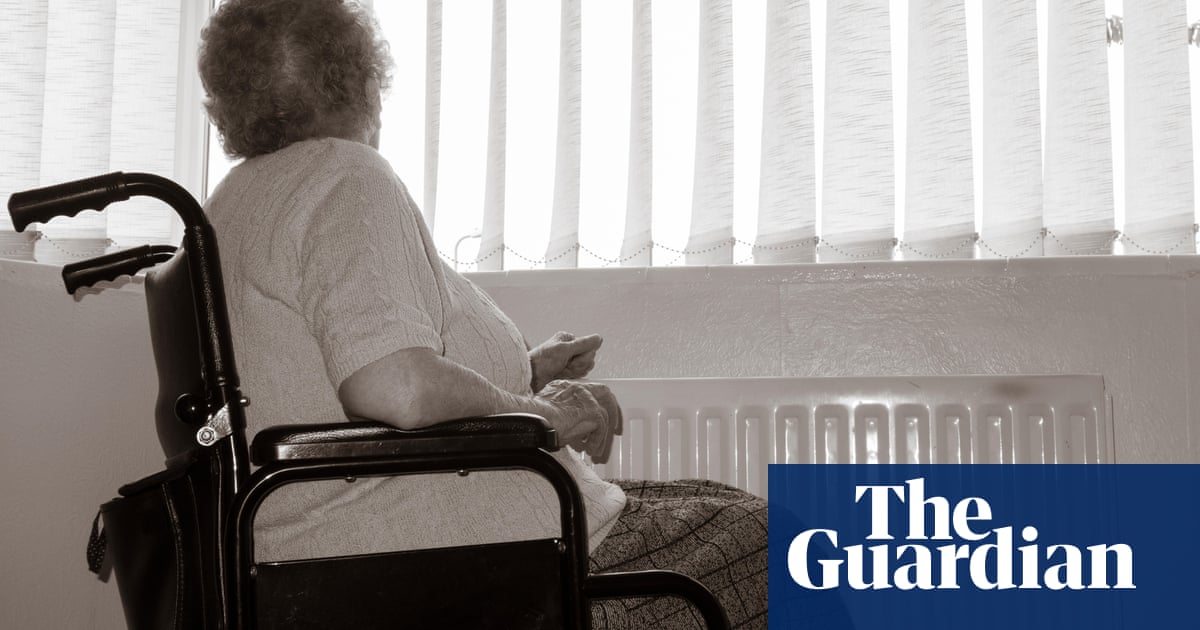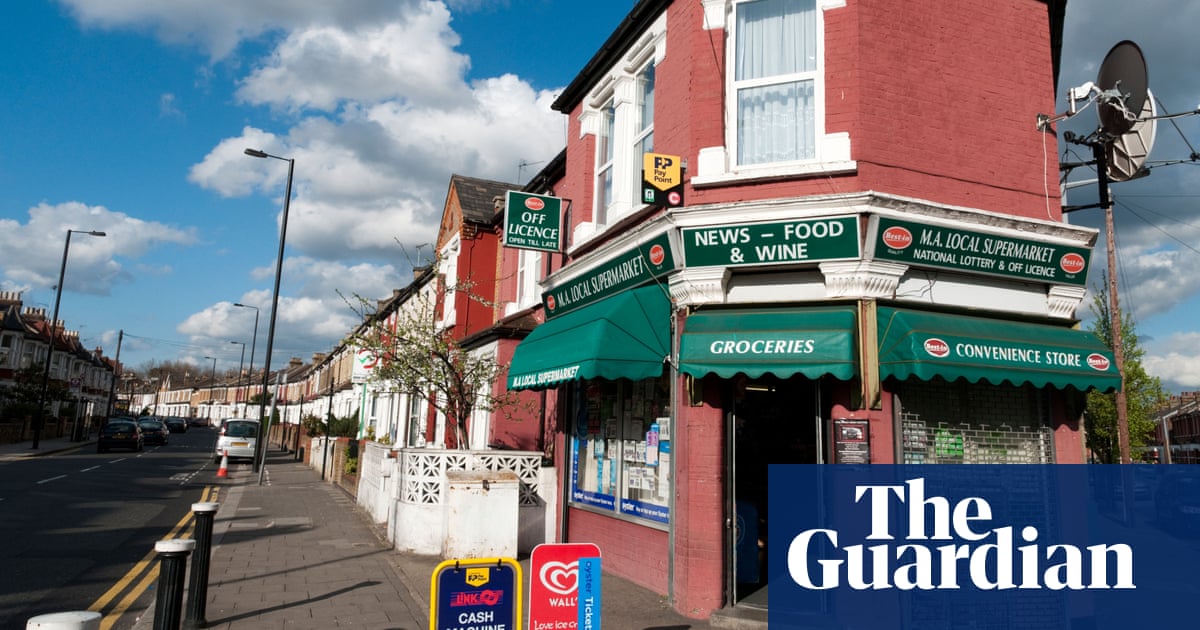
The energy crisis is tearing through Britain’s high streets, with warnings on Friday of a “lost generation” of small businesses, as the impact of soaring gas and electricity prices begins to hit cafes, restaurants, shops and salons.
Across the UK, growing numbers of traders are closing their doors for good in the face of unaffordable costs driven by record inflation, with some reporting tenfold increases in utility bills.
In yet another flashing red light for the economy, which is forecast by the Bank of England to fall into recession next year, data published on Friday by the Federation of Small Businesses (FSB) shows that a majority of firms – 53% – expect to stagnate, shrink or fold in the coming 12 months.
The industry body called on government to act now to shield traders. “Without help, we are facing a generation of lost businesses, jobs and potential,” said Tina McKenzie, the policy and advocacy chair at the FSB.
Smaller traders, which employ 16 million people between them, do not benefit from the energy price cap, which puts a ceiling on costs for households but not for companies.
The huge jump in prices is slowly filtering through to businesses as their fixed-term contracts – some of which last for several years – expire, and many have been shocked by the increase as bills land on their doormats. A growing number are being left with no option but to stop trading.
A Labour analysis showed that there were a record 20,200 fewer businesses in the second quarter of this year – the largest loss in this period since records began. Jonathan Reynolds, the shadow business secretary, said: “Shops, cafes and pubs risk going to the wall because this government has failed to get to grips with the energy crisis.”
MPs said their inboxes were full of messages from desperate small-business owners warning they would have to shut up shop. Sarah Olney, the Lib Dem Treasury spokesperson, said the country needed to see “bold proposals from the government before it’s too late for Britain’s high streets and entrepreneurs … The October energy price cap rise has to be scrapped”.
The Tory leadership candidates are under pressure to spell out their plans to help businesses with the costs of energy, as well as consumers. After the Guardian asked both what they would do, a spokesperson for Rishi Sunak’s campaign said he had “stood by thousands of businesses during Covid” and he “crucially understands the urgent need to first get inflation under control, help people with the cost of living in the short term and then grow the economy”.
Local newspapers are reporting multiple businesses disappearing from high streets, while people have shared stories on social media of much-loved neighbourhood shops, cafes and takeaways throwing in the towel, depriving communities of valuable jobs.
The residents of Coppull in Lancashire are now without a fish and chip shop for the first time in 40 years, after the owner of Oh My Cod pulled the plug following a dispute with his energy supplier, taking four jobs and a delivery driver role with it.
Its owner, Andrew Crook, was quoted electricity prices of 80p per kilowatt-hour for daytime usage for the Coppull shop – nearly eight times higher than the 11.5p/kWh he pays under a contract in his other premises.
“With what it would take to get the business going again, the energy prices just don’t stack up,” said Crook, who also speaks for the industry as the president of the National Federation of Fish Friers. “I’m going to have to sit it out until the prices come back down.”
One of Crooks’ members, the owner of the Weeping Cross Fish Bar in Stafford, has been quoted an annual energy bill of £36,000, six times higher than the £6,000 he has been paying to date.
Friday marked the last day of trading for Minshull’s Country Kitchen, a cafe in Sandbach, Cheshire. After eight successful years of producing “nanny’s cooking” – from quiches and stews to pies and crumbles – Paul Minshull has decided to call it a day, fearful of the rising energy bills and an impending recession.
“We felt one increase [in energy bills] and that was a pinch enough as it is. We couldn’t sustain the next ones,” he said. “I can see what the next few years are going to bring and it’s not going to end any time soon.”
Minshull, 30, is instead going to work as a restaurant manager at a local pub run by his friend, where he knows he will have a regular income.
Val Burrows, who has owned the West Street Laundry in East Grinstead, West Sussex for 10 years, is weighing up whether she can afford to keep her business going.
“It’s a nightmare,” she said. Her utility contract came to an end in July, and even though she had expected increased costs, she was shocked to see the price shoot up by 173%, taking the annual bill from £6,000 to £16,000.
“Businesses need more help to get us through this,” she said. She called for the government to shoulder some of the burden. “I am a sole trader, so I am liable personally for rent, rate and utilities, so I have got to get through, and if at the end of the year there is no help I’ll just have to shut the door.”
In Aberdeen, this month saw the end of the Royal Crown takeaway, which has been run by Martin Tang’s family since the 1980s. It came after he was hit by a tenfold increase in energy bills from his supplier, SSE.
Natalie Hood, who worked at the takeaway, wrote on Twitter of her sadness as they prepared to lock the doors for the final time. “We’re one of the first local businesses in Aberdeen to be forced to close, we won’t be the last. Something needs to be done!”
Customers of the Ainsty Farm Shop at Kirk Hammerton, near York, were informed by the owners that they were closing their doors at the end of September “because of the huge rise in electricity prices”.
Stuart and Lily Beaton posted on Facebook that the impending increase in energy bills made it impossible to continue trading after their electricity contract ends at the end of next month.
The Beatons, who have run the business for 22 years and been in the same premises for 17, wrote: “As you probably all understand, running a butchery, bakery and deli uses a lot of electricity and we can now no longer carry on.”
It was a £4,000 electricity bill for 10 weeks’ usage – double the previous cost – that prompted the owner of a tearoom in Portstewart, Northern Ireland, to shut up shop. Richard Stewart-Brown told the Belfast Telegraph he had usually paid £2,000 for energy since opening the Molly Brown’s tearoom in 2018. He posted on Facebook that “an increase in rent, food costs at an all-time high and energy costs through the roof” pushed the family to make their decision.
The Italian restaurant Santoni in Keighley, West Yorkshire, will welcome diners for the final time on Saturday, as the owner, Marco Di Rienzo, has decided to call it a day after five years. Hit by rising food prices and energy bills, Di Rienzo told Yorkshire Live he had made the difficult decision not to renew his lease.
The FSB’s survey of traders found that 15% expected to downsize or close in the next 12 months, while 39% said they would not grow at all.
The outlook for some sectors is better than others: 63% of IT and communications businesses expected to grow, compared with only 34% of wholesale and retail firms, and 35% of hospitality operators.
“Any cost of living plan worth the name needs to tackle the mounting energy bills small firms face,” McKenzie said. “Support is urgently required to stop driving prices for hard-up consumers ever higher and more small firms out of business.”
She is calling for the energy rebate issued through the council tax system to be extended to the business rates system, along with other measures including cutting VAT on energy consumption, and direct help for small firms that don’t pay business rates.












